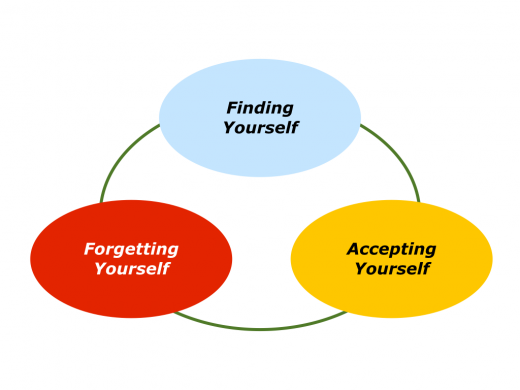Elizabeth’s talk on TED has been seen by millions of people. The author of Eat, Pray, Love has gathered much praise for honesty about the creative process.
Deep into the talk comes her description of our gifts being on loan to us. They do not belong to us.
This can be a remarkably freeing approach. We can then choose to show up each day and do the work.
Here are the salient passages.
In ancient Greece and ancient Rome people did not happen to believe that creativity came from human beings back then.
People believed that creativity was this divine attendant spirit that came to human beings from some distant and unknowable source for distant and unknowable reasons.
The Greeks famously called these divine attendant spirits of creativity ‘Daemons’. Socrates famously believed that he had a Daemon who spoke to him from afar.
The Romans had the same idea but they called that sort of disembodied spirit a ‘Genius’ … which was great because the Romans did not actually think that a genius was a particularly clever individual …
They believed that a genius was this sort of magical divine entity who was believed to literally live in the walls of an artist’s studio … and who would come out and invisibly assist the artist with their work and who would shape the outcome of that work.
Maybe [artistry] doesn’t have to be quite so full of anguish if you never happened to believe, in the first place, that the most extraordinary aspects of your being came from you.
But maybe if you just believed that they were on loan to you from some unimaginable source for some exquisite portion of your life to be passed along when you’re finished … it starts to change everything.
This approach fits with the idea that we are here to serve. It says that:
“You are most yourself when you forget yourself.”
It reinforces the life stages of finding, accepting and forgetting ourselves. Such an approach can lead to doing fine work.







Leave a Reply